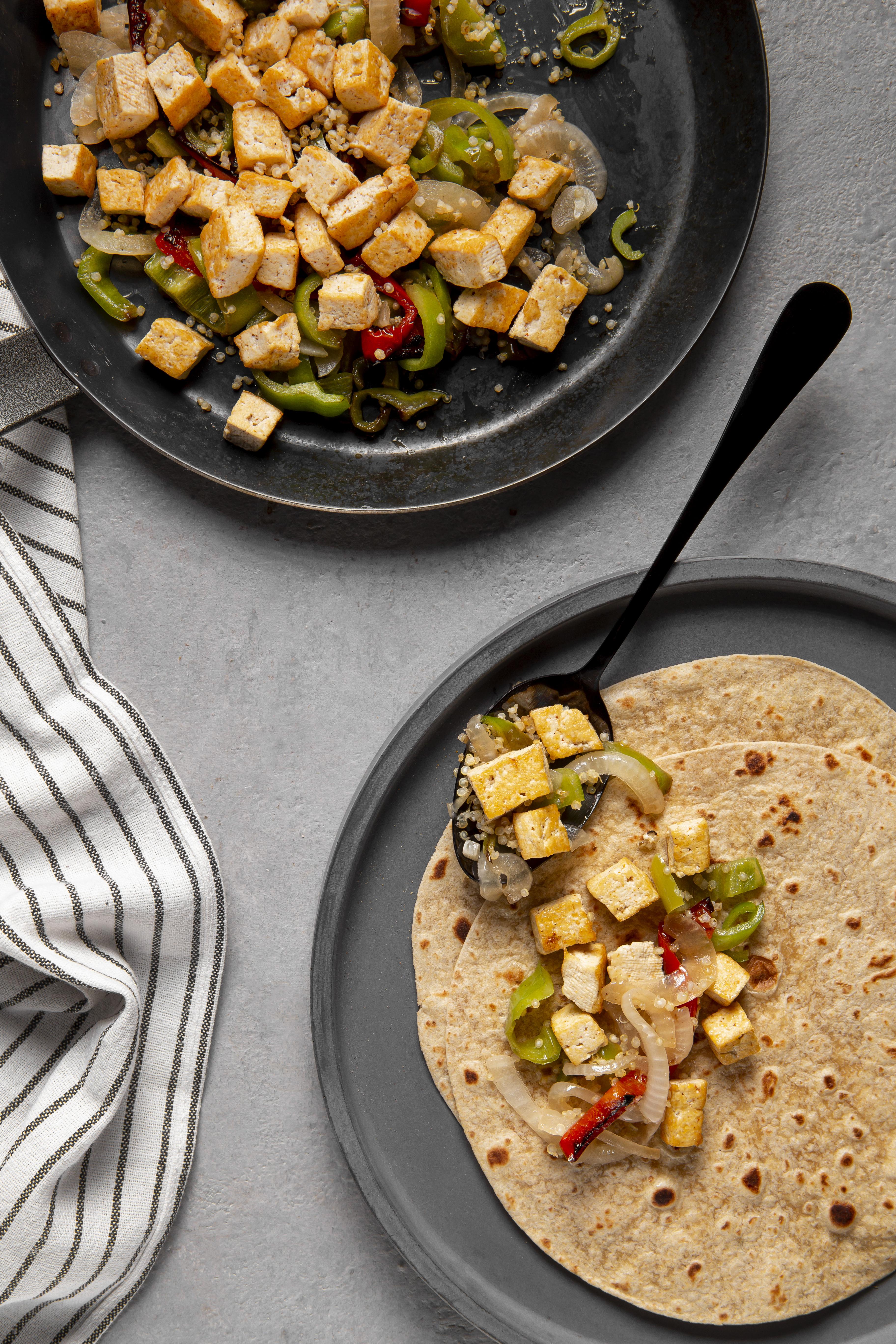Personalized Nutrition- Enjoying Meals with Healthy Nepali foods
Are you ready enjoy good meals without compromising your health? As our vibrant festivals ended and wedding season is on the foot, we get array of delicious traditional Nepali foods that can be both festive and nutritious. In this article, nutritionist An

What is Personalized Nutrition?
Personalized nutrition is based on the idea that individual factors such as genetics, lifestyle, metabolism, and even medical conditions affect how we respond to food. In Nepal, where diets vary by region and community, personalizing your eating habits ensures that your body gets the nutrients it needs based on your unique circumstances.
FACTORS TO CONSIDER
•Age, gender, and activity level.
•Health conditions (e.g., diabetes, PCOS, cardiovascular issues).
"•Genetic predispositions.
•Regional diets (Himalayan, Terai, or hilly areas).
Nepali Diet and Its Strengths
Traditional Nepali food is nutrient-dense and provides a strong foundation for personalized nutrition. Dishes are typically made from whole foods, including seasonal vegetables, legumes, grains, and lean proteins. Some key elements:
Daal-Bhat-Tarkari: A staple meal providing proteins (lentils), carbs (rice), and micronutrients (vegetables).
Gundruk: Fermented leafy greens rich in probiotics, promoting gut health.
Yomari: A Newari dish providing a balance of carbohydrates and proteins.
Customizing Your Nepali Diet Based on Individual Needs
Here’s how to personalize a traditional Nepali diet based on different health goals:
Weight Management
Swap white rice with millet or brown rice for sustained energy and better digestion. Incorporate more leafy greens (saag) and fiber rich vegetables like gourd, pumpkin, and cucumber to promote fullness.
For PCOS or Hormonal Balance
Focus on low glycemic index foods like quinoa, buckwheat (phapar), and beans to manage blood sugar levels. Include healthy fats from sources like ghee, flaxseeds, and walnuts to support hormone production.
For Muscle Gain and Active Lifestyles
Increase protein intake with local foods like chana (chickpeas), eggs, paneer, and gundruk. Include energy-dense grains such as flattened rice (chiura) and beaten corn (makaiko pitho) for pre- and post-workout fuel.
For Gut Health
Add fermented foods like gundruk, sinki, and achar to improve digestion and nutrient absorption. Drink herbal teas like tulsi or ginger to reduce bloating and improve metabolism.
Seasonal and Local Eating
Eating seasonally is an intrinsic part of Nepali culture and plays a vital role in personalized nutrition. Foods grown during a particular season are more aligned with our body's natural needs during that time. Summer: Emphasize cooling foods like cucumber, watermelon, and yogurt (dahi).
Winter: Focus on warming dishes like root vegetables (yam, sweet potatoes) and soups with turmeric and black pepper for their anti-inflammatory properties.
Portion Control and Meal Timing
Dal-Bhat Portioning: Adjust the portions of rice, dal, and vegetables depending on your health goals (e.g., weight loss or muscle gain).
Meal Timing: Embrace the traditional practice of two main meals a day, but tweak it according to your body’s hunger cues and metabolism. Incorporating healthy snacks like roasted soybeans (bhatmas) or chiura can keep energy levels steady.
Special Considerations for Women
In Nepali households, women often prioritize family over their own health. However, it’s crucial for women, especially those with hormonal imbalances or during pregnancy, to personalize their diets: Include iron-rich foods like black lentils (kalo daal) and green vegetables to prevent anemia. Add omega-3 fatty acids from local fish or flaxseeds to support hormonal health.
Embrace a Personalized Nepali Diet
Nepali cuisine is not only delicious but also adaptable to personalized nutrition. Whether you're managing weight, dealing with health issues like PCOS, or simply looking to optimize your overall wellness, the key is to balance tradition with your unique nutritional needs. By personalizing your diet, you can stay rooted in cultural heritage while ensuring your body thrives in the best possible way.
By Anjali Goel, a clinical and sports nutrition consultant, offers personalized nutrition services to Nepalese and the Nepalese diaspora worldwide. Her brand, Nutrimantra, focuses on creating customized nutrition plans tailored to individual health goals and lifestyle habits, using ingredients and cuisine from the Nepali Kitchen.


